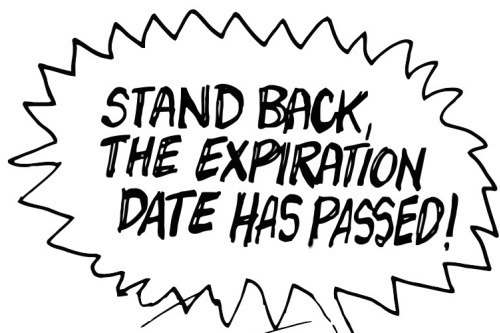Management
Fix team dysfunction with a bold conversation.
Feeling isolated on a team can be detrimental to morale and productivity. This disconnect often stems from unclear communication or shifting responsibilities. Open communication is key to addressing this issue, fostering a supportive and collaborative environment. Building strong interpersonal relationships and creating a psychologically safe workplace are essential for preventing and overcoming team disconnection.
Read MoreThe Most Powerful Reason to Employ a Servant Leadership Mentality
Servant leadership is the cornerstone of high-performing organizations. By prioritizing the needs and growth of employees over personal gain, leaders create a culture of trust, collaboration, and innovation. This people-centric approach fosters a sense of belonging, empowering employees to reach their full potential and drive organizational success.
Read MoreLeadership: Sowing The Seeds of Success
True leadership isn't about wielding power but nurturing potential. By prioritizing the well-being and growth of their teams, leaders create a supportive environment where employees thrive, leading to increased morale, creativity, and exceptional customer service. Ultimately, investing in employees is an investment in the long-term success of the organization.
Read MoreSuffer a Setback? Celebrate the Feedback!
The road to success is rarely smooth. We face setbacks – missed opportunities, failed plans, and creative dead ends – that can be discouraging. However, by viewing these obstacles as constructive criticism, we can unlock a powerful learning process. Setbacks expose weaknesses in our approach, allowing us to refine our strategies and build resilience. They become opportunities to learn from mistakes, hone problem-solving skills, and develop the grit needed to persevere on our journeys. By embracing this shift in perspective, we can transform setbacks into stepping stones on the path to achieving our goals.
Read MoreThe Illusory Symphony: Why "Organized Chaos" is a Productivity Siren Song
While the idea of thriving in a whirlwind of activity ("organized chaos") sounds appealing, it's a productivity myth. This approach ignores how our brains work. Studies show multitasking (a core tenet of "organized chaos") actually hurts focus. Structure, not chaos, fuels creativity. Defined goals and focused work periods (like the Pomodoro Technique) are key. While some "productive friction" from diverse perspectives can be good, constant chaos hinders finding these sparks of creativity. "Organized chaos" is a romanticized image, not scientific fact. For true productivity, a balance between structure and focused creative exploration is best.
Read MoreManaging Conflict with Co-Workers
Promoting healthy communication within teams is essential for successful problem resolution. It is important to recognize that conflicts are a natural part of any workplace and to provide employees with the tools they require to manage them constructively.
Read MoreNew Lens Required
The challenge new leaders often face with a newly acquired team is this - they move too quickly into action to make changes and overlook spending time enrolling their new team in THEM as a leader.
Read MoreHow To Promote the Right Employee or Risk Demotivating the Team
Leaders be cautious promoting an individual before they have proven they are ready for the new position. Learn what your team wants, what you (really want) and what you want to do to avoid demoralizing your team and attacking team performance.
Read MoreWhy Manager Rants in the Office are Never Productive
We have all sat in meetings with a manager who blows up, repeatedly, and stands on their proverbial soapbox to make their point. We have all also turned off our listening and disengaged from that same behavior pattern. Yet still, this management style is one of the most prominent and least productive. Learn the strategy to work around it if you can't change it.
Read MoreDid You Know People Have Expiration Dates?
Did you know you and your employee's have expiration dates? For the workplace that is. It is important as a manager to know your own and the warning signs that show when others are approaching the end of the line.
Read More









